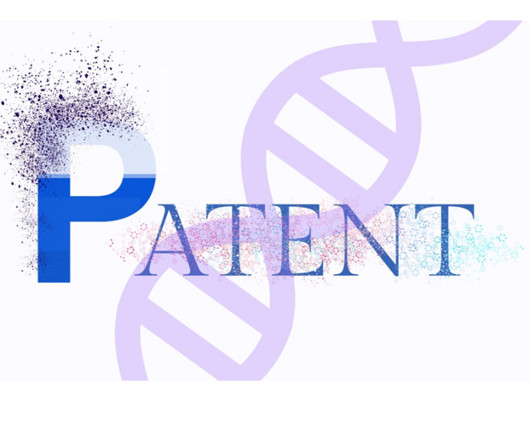CALL FOR TRYOUTS – USPTO National Patent Application Drafting Competition
IPilogue
SEPTEMBER 15, 2022
2021-2022 was a big year for the Osgoode’s mooting team entry for the USPTO National Patent Application Drafting Competition. We invite you to participate in the tryouts for the 2022-2023 National Patent Application Drafting Competition ! About the National Patent Application Drafting Competition.












Let's personalize your content